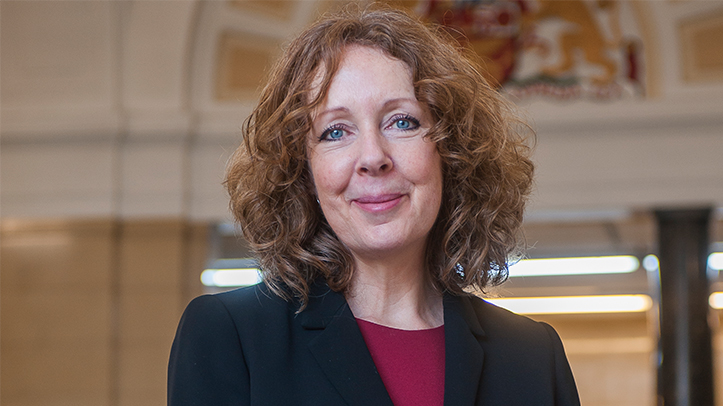
The harsh reality of child and family poverty has always had a devastating impact on the wellbeing and life chances of many children in this country. The recent pandemic has turned what was already a crisis into a tsunami of need. In the words of the 2020 ADCS discussion paper, Building a country that works for all children post Covid-19, the pandemic “exposed and heightened the impact of the stark disparities between disadvantaged children and their more affluent peers.” Those who were already financially challenged and persistently disadvantaged have become more so, while many new families have been tipped into poverty for the first time due to job losses or reduced income. Food insecurity, unemployment, low wages, poor housing, no money for essentials such as shoes, coats and furniture, and insufficient money for essential bills. These challenges were already the norm for over four million children before the pandemic hit and these numbers have increased. We only need to look at the sharp upturn in free school meal applications to see the impact, and with a very uncertain economic future ahead of us, it’s clear that the full effect of the pandemic is yet to be realised. Inequality has deepened, with differential impact in our diverse communities and areas where poverty was already rife. Those where poverty was already the norm have lives that are now even harder, and those who are facing challenges for the first time are going through the shock of the disruption this is having on their lives.
Local councils are playing a central part in an urgent response to child poverty, delivering crisis support and working with partner organisations, the voluntary sector and communities to offer food banks, food clubs, welfare rights and debt advice, mechanisms for crisis short term financial help, and housing support. Children’s services are using their early help systems to reach out to families and offer support and a sense of hope, helping floundering relationships, offering virtual and face to face activities, offering advice and encouraging community resilience. They are also tackling the impact of family distress and isolation; where online predators are taking advantage of children spending more time online, where domestic abuse has increased, mental health deteriorated, family functioning has broken down and children need safeguarding. Our schools are brilliant partners and since the full return of students in September, they have focused on the restoration of education and learning while continuing to act as a universal front door from which early distress can be identified and children’s needs met. Our team around the school approaches are offering support to whole families as well as providing children with the space to learn and reconnect with each other.
The challenge for local councils and for children’s services is the deluge of need which outstrips available resources. In addition to rebuilding the economy, providing jobs and increasing welfare funding, there remains an urgent need to invest in the recovery of families. A long term sustainable financial settlement for local government, for children’s services and for schools remains urgently needed to expand the prevention and early help support systems that we know make a difference. These services address short term need but also offer future opportunity from early years to adulthood, making real progress on the levelling up agenda to which the government has committed. Our children only have one childhood and their needs can’t wait.


